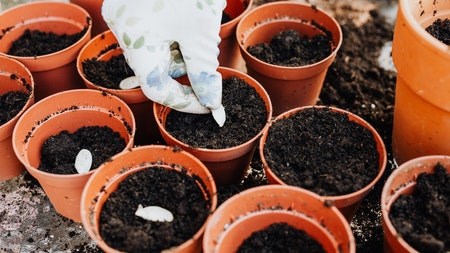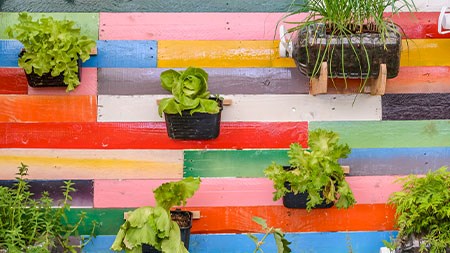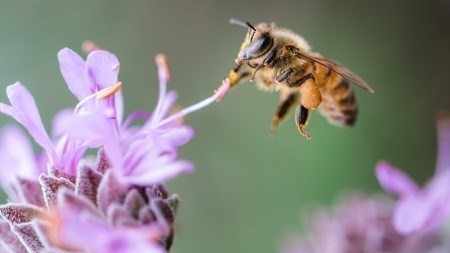Compost is decomposed organic matter that is used to fertilise gardens. It fuels plant growth and is also beneficial for revitalising soil that is depleted of essential nutrients. Although you can purchase compost at a local plant nursery, there are more advantages to creating your own compost at home than buying it. These advantages include the fact that it’s relatively easy to make and inexpensive, and your garden will flourish because of it.
Here’s everything you need to know about making your own compost heap:
The benefits of composting
There are a number of benefits associated with composting. These include:
By composting your waste, you throw away less organic matter, thereby reducing the amount of waste in landfills. South Africa is running low on landfill space and composting can greatly reduce the pressure placed on waste management systems.
Composting is good for the environment. It reduces the amount of methane produced by organic materials in landfills. It also prevents organic materials from breaking down into liquids and carrying harmful chemicals from landfills into soil and water systems.
It’s an eco-friendly alternative to chemical fertilisers.
It reduces your carbon footprint by reducing the amount of kitchen and household waste you produce.
It acts as a soil conditioner by adding nutrients and aiding with soil moisture retention.
It promotes the growth of microscopic organisms which add oxygen to the soil and helps break down organic materials as well as prevent plant diseases.
Types of organic waste that can be composted
Organic waste is divided into two separate categories: carbon or nitrogen-based. The ratio between carbon and nitrogen-based materials must be balanced in order to create compost that is healthy. It is recommended that there should be more carbon-based materials in compost than nitrogen-based materials. This can be achieved by using two-thirds of brown matter and one-third of green matter.
Brown organic materials allow aeration and growth of microorganisms in the compost. If there’s too much nitrogen in compost, it results in a smelly, heavy, and slow decomposing compost.
Carbon materials
Straw
Shredded paper
Wood chips, pellets and ash
Leaves
Cardboard
Branches
Woody shrub prunings
Nitrogen materials
Table scraps
Seaweed
Grass cuttings
Fruit and vegetable scraps
Coffee grounds
Chicken manure
Things you can’t compost
Meat
Fish
Pet feces (from dogs or cats)
Pressure-treated wood
Dairy products
Plants that are diseased
Black walnut leaves
How to compost
Watch this video for top tips on composting:
1. Combine your nitrogen and carbon materials
Remember to only add one-third of green matter and two-thirds of brown matter. Your materials should be almost a metre tall. You can buy a composting bin to put your materials in if you aren’t able to create your compost heap in your garden.
2. Add twigs and straw first
This will help the soil drain well and remain oxygenated.
3. Alternate wet and dry materials when combining your organic waste
Food scraps are considered moist and carbon-based organic matter like wood scraps are considered dry materials.
4. Add manure
Manure will help with activating the compost pile quicker.
5. Water your materials
Your materials need the right amount of water to begin composting. Your heap should be damp, but never wet, as this can drown the microorganisms and cause it to start rotting. The middle of your compost heap should feel warm. You can check the temperature with your hand (if you don’t mind getting dirty!) or use a thermometer to ensure that the temperature is ideal. The temperature should be between 54 °C and 66 °C.
6. Turn your pile weekly
Turning your compost pile weekly will allow it to become oxygenated, causing the organic matter to decompose without becoming matted.
By using the information provided above, you can create your own compost heap at home.



